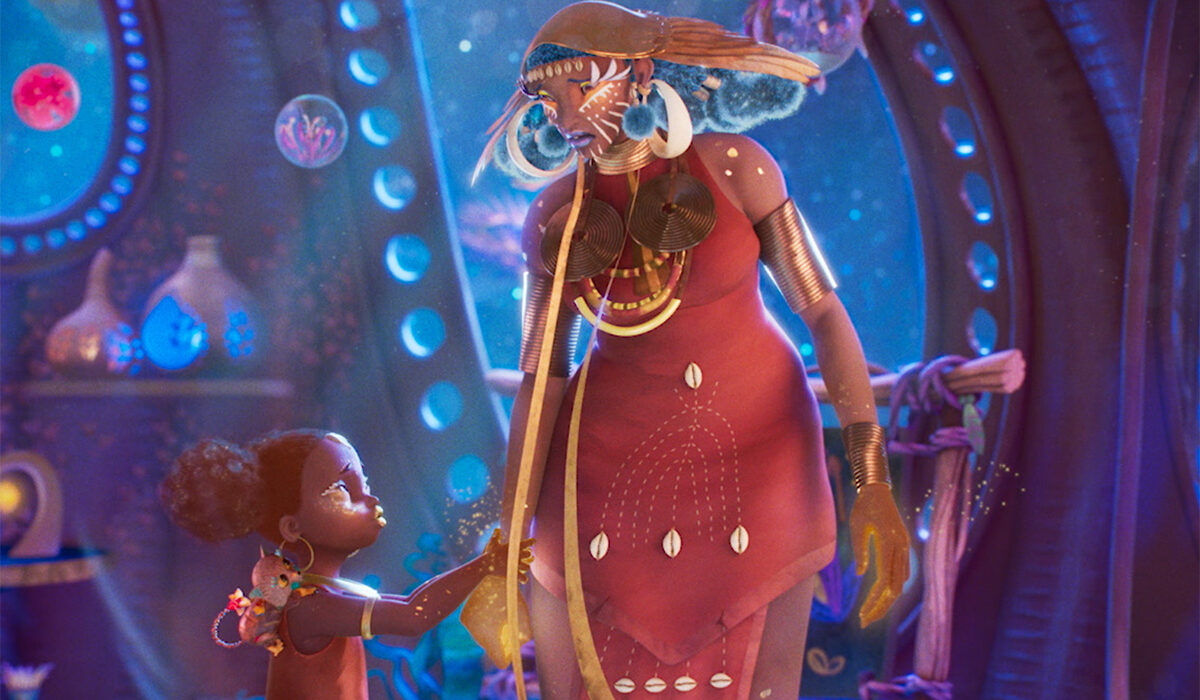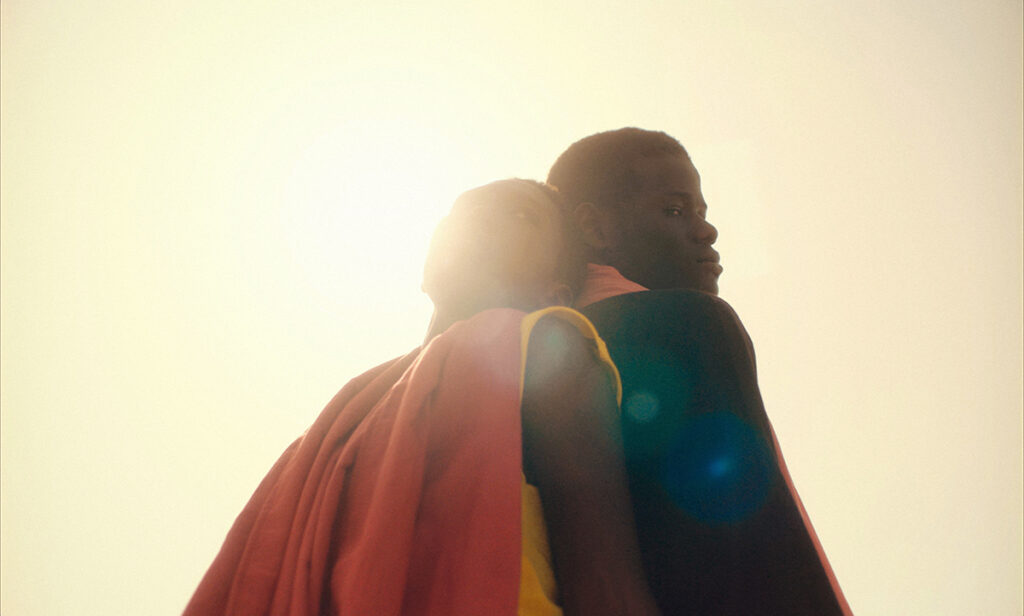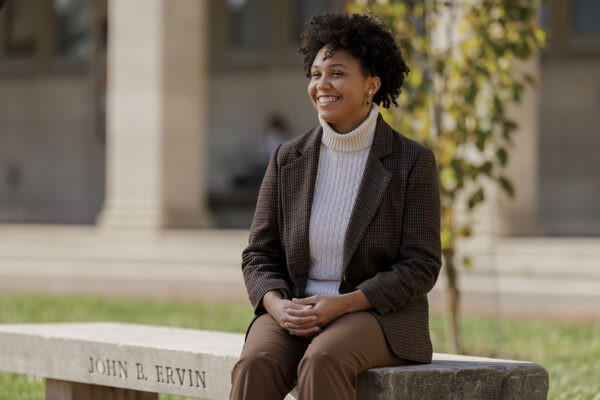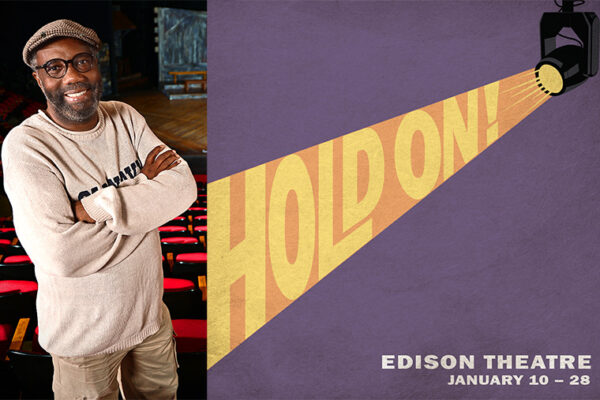The 18th annual African Film Festival returns to Washington University in St. Louis March 22-24. Highlights include screenings of “Omen,” an award-winning drama from the Democratic Republic of Congo; “Banel and Adama,” a love story from Senegal; and the youth matinee featuring five short films, including the Annie Award-winning animated short “Enkai.”
Festival founder Wilmetta Toliver-Diallo, senior assistant dean in Arts & Sciences and senior lecturer in the Department of African and African-American Studies, started the festival to spark conversations about the African continent and to showcase the diversity of its storytellers. Though the festival has no intended through line, viewers may notice that many of this year’s offerings fall into the realm of Africanfuturism and explore themes of nature and international relations.
“There are some themes that I think you always see in African films,” Toliver-Diallo said. “What’s Europe and Africa’s relationship? How do structures like the World Bank and the IMF still play a part in everyday life? What is the legacy of colonialism and neocolonialism? Many of these films also focus on the individual, featuring main characters who want to break from what is expected, what is considered normal — whether that is good or bad.”
Toliver-Diallo works hard to present a diverse mix of stories. That proved to be a challenge during the COVID years when filmmaking stalled. But this year’s festival boasts a great variety of genres and perspectives, Toliver-Diallo said.
“The thing about the film festival is, it’s only a weekend, so you’re really curating about 10 films,” Toliver-Diallo said. “It’s important to have different types of stories that are told in different ways. You never want the audience to think, ‘OK, if it’s like this here, then it’s like this everywhere on the continent.’ That’s why I also try to find a lot of geographic diversity.”
When selecting movies, Toliver-Diallo heavily weighs audience feedback and solicits recommendations from filmmakers. She also pays close attention to leading African film festivals such as the Panafrican Film and Television Festival of Ouagadougou (FESPACO) in Burkina Faso as well as renowned international festivals like Cannes.
“I see who showed what, what won a lot of awards and then I look at Cannes because, in recent years, Cannes has done a lot to show films that are not from France,” Toliver-Diallo said. “Before, African films were only present under the ‘Un Certain Regard’ category, but now you will find premiers of different African films at Cannes, in many categories.”
This year’s festival also features appearances from two filmmakers. Ng’endo Mukii will discuss “Enkai,” her delightful short about a young girl who wants to spend time with her mother, a cosmic deity trying to save the world from man-made destruction. Shofela Coker will discuss “Moremi,” his animated thriller about a trapped spirit boy and the daring scientist from the future who saves him. Both films were part of the Disney+ animated anthology “Kizazi Moto: Generation Fire.”
“It’s a huge coup to have these Disney animators here, and I’m excited to hear what they have to share with our audiences,” Toliver-Diallo said. “Animation is really, really hard and expensive, especially for the continent, so it is important to support African animators.”
The festival, which is free and open to the public, will be in Brown Hall, Room 100. For details about movie dates and times, visit the festival website. It is sponsored by the Department of African and African-American Studies and the Film and Media Studies program, both in Arts & Sciences, along with the African Students Association, with funding from the Washington University Women’s Society and the Missouri Arts Council. Saturday’s films are co-presented with the Saint Louis Metropolitan Alumnae Chapter of Delta Sigma Theta Sorority Inc.




